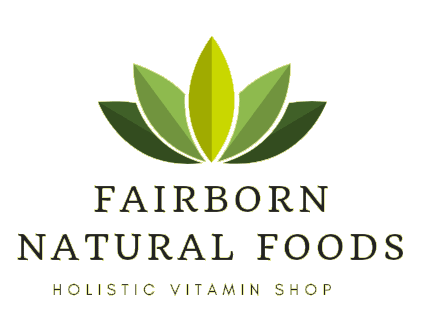Veganism is trending these days, and while most people don’t choose a vegan lifestyle for its cool factor, that popularity has made it easier to opt for a solely plant-based diet.
Whether you’ve decided to switch to a vegan diet to help prevent the exploitation of animals, to improve your health, to promote a green planet, or all of the above, you’ll find many resources and products to smooth the way.
Tips for Starting a Vegan Diet
Here are some strategies to start you down a vegan path.
-
Build on What You Know
You likely already have some vegan meals in your repertoire, along with vegetarian meals that can be “veganized.” Think bean-based chili, pasta and veggies, lentil stew, and stir fry. Start with those so you don’t need to come up with something new for every meal.
-
Try Jackfruit
With a texture similar to meat, this fruit can replace pork, beef, and chicken in recipes and has 3 grams of protein per serving.
-
Ease Into It
-
Start with One Meal
Committing to one plant-based meal per day is a great start. You might try breakfast—hot or cold cereal with fruit, nuts, and nondairy milk will fuel your morning. For a weekend brunch, make an egg-substitute veggie omelet, “bacon” made from tempeh or soy, and plant-based yogurt on the side.
-
Think in Proportion
Ease into vegan living by gradually upping the amount of plant-based foods on your plate and decreasing the amount of meat, eggs, and dairy.
-
-
Do Your Homework
Read about veganism, join online forums, talk with longtime vegans and newbies (new-vees?), and watch documentaries on living the plant-based life.
-
Read Labels
Find local shops and restaurants that offer vegan products and entrées. When you shop for groceries, examine the ingredients. Not all vegan products are labeled “vegan,” and some items you think will pass the test don’t—some pasta has egg in it, for instance, and some cornbread mixes contain animal fat.
-
Make a Supplement Plan
Vegans need to be sure to get enough of the following nutrients
- vitamin B12
- vitamin D
- omega 3s
- iodine
- iron
- calcium
- zinc
You can address each of these separately through diet, supplementation, exposure to sun, etc., but while you’re still feeling your way into a new way of eating, consider researching multivitamin-mineral supplements designed for vegans.
-
Be Steadfast
Finally, don’t be daunted! You can go as fast or slow as you want in arriving at “full veganhood.”

